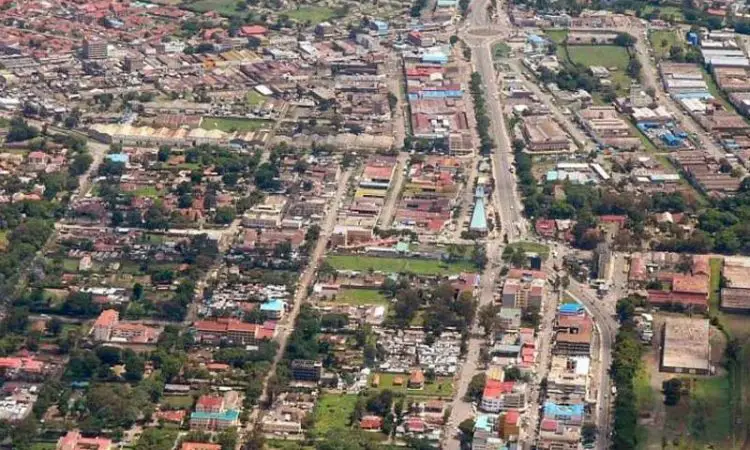Nestled in the heartland of Kenya, Nakuru County is a hidden gem waiting to be explored. With its breathtaking landscapes, diverse wildlife, and vibrant culture, Nakuru County offers a unique and unforgettable experience for every traveler. From the awe-inspiring Lake Nakuru, a haven for flamingos, to the bustling markets of Nakuru town, this county has something to offer for everyone. Discover the beauty and charm of Nakuru County, where adventure awaits at every turn.
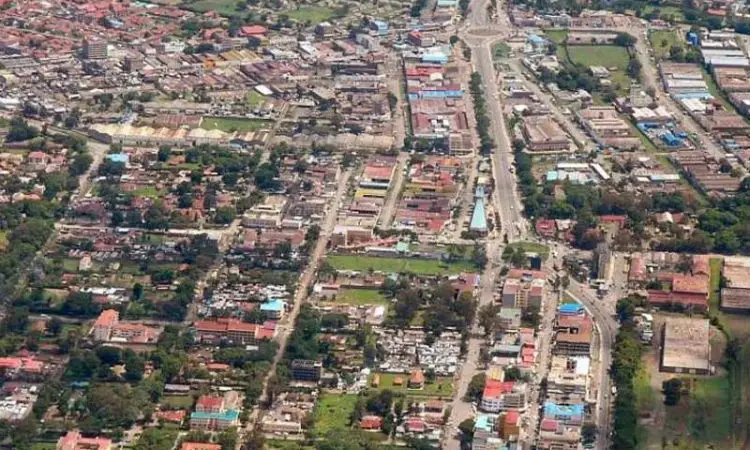
This image is property of www.lakenakurukenya.com.
Geography
Location
Nakuru County is located in the Great Rift Valley region of Kenya, east of the capital city Nairobi. It is situated within the coordinates 0.1756° S latitude and 36.0836° E longitude. The county shares its borders with five other counties, namely Baringo to the north, Kajiado to the south, Laikipia to the east, Narok to the southeast, and Kericho to the west.
Size
Covering an area of approximately 7,509 square kilometers, Nakuru County is the 13th largest county in Kenya. Despite its relatively modest size, the county is incredibly diverse in terms of its landscapes and natural features.
Topography
The topography of Nakuru County is characterized by a mixture of highlands, undulating plateaus, and rift valleys. The county is dominated by the Aberdare Range to the east and the Mau Escarpment to the west. The Great Rift Valley, one of the most significant geological features on Earth, cuts through the county from north to south, with stunning valleys, lakes, and volcanoes shaping the landscape.
History
Early settlements
The history of Nakuru County dates back thousands of years, with evidence of early human settlements in the region. The discovery of artifacts and stone tools suggests that early hunter-gatherer communities inhabited the area. These communities eventually gave way to more settled agricultural communities, who practiced farming and animal husbandry.
Colonial period
During the colonial period, Nakuru County, like the rest of Kenya, fell under British rule. The British established settlements and developed infrastructure in the area, with Nakuru town emerging as a major administrative and commercial center. The town grew rapidly with the arrival of European settlers, who established farms, ranches, and trading posts.
Post-independence
After gaining independence from British colonial rule in 1963, Nakuru County, along with the rest of Kenya, began its journey towards self-governance. The county has since made significant progress in various sectors, including education, healthcare, and infrastructure development. Today, Nakuru County plays a crucial role in the economic and social development of Kenya.
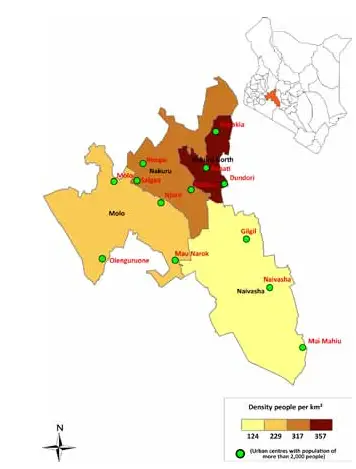
This image is property of opencounty.org.
Demographics
Population
Nakuru County is home to a diverse and vibrant population. As of the latest census, conducted in 2019, the county’s population stands at approximately 2.1 million people. The population has been steadily growing over the years, fueled by factors such as natural growth, migration, and urbanization.
Ethnic groups
Nakuru County is home to several ethnic groups, each with its own rich cultural heritage. The major ethnic communities in the county include the Kikuyu, Kalenjin, Luo, Luhya, Kamba, and Maasai. These ethnic groups contribute to the cultural tapestry of Nakuru County, showcasing a harmonious coexistence and integration.
Languages
The people of Nakuru County speak various languages, reflecting the diversity of its population. Swahili and English are widely spoken and used in official capacities. Additionally, the county is home to different ethnic languages such as Kikuyu, Kalenjin, Dholuo, Luhya, Kamba, and Maasai. This linguistic diversity adds to the cultural richness and contributes to the vibrant atmosphere of the county.
Economy
Agriculture
Agriculture plays a vital role in the economy of Nakuru County. The favorable climate and fertile soils make it an ideal region for crop cultivation and livestock rearing. Maize, wheat, beans, potatoes, and vegetables are some of the main crops grown in the county. Livestock farming, including dairy and beef production, is also prevalent and contributes significantly to the agricultural sector.
Tourism
Nakuru County boasts a wealth of natural attractions that draw tourists from around the world. Lake Nakuru National Park is one of the county’s most popular destinations, renowned for its vast populations of flamingos and other water birds. The park also hosts a wide range of wildlife, including lions, black rhinos, giraffes, and zebras. Hell’s Gate National Park, with its towering cliffs, natural geothermal features, and diverse wildlife, is another must-visit attraction.
Manufacturing
The manufacturing sector in Nakuru County has witnessed significant growth and diversification in recent years. The county is home to various industries, including food processing, textiles, chemicals, and construction materials. The manufacturing sector contributes to job creation, revenue generation, and overall economic development in Nakuru County.
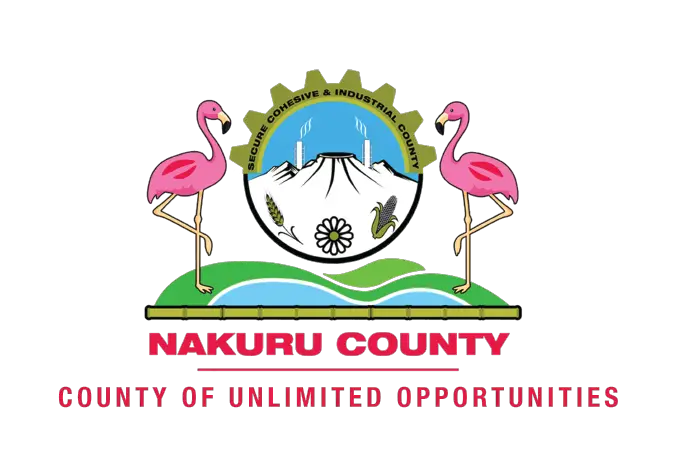
This image is property of nakuru.go.ke.
Infrastructure
Transportation
Nakuru County has a well-developed transportation network that connects it to other parts of Kenya. The county’s road network is extensive, with major highways such as the Nakuru-Nairobi Highway and the Nakuru-Kericho Highway facilitating easy movement of goods and people. Additionally, the county is served by an airport, Wilson Airport, which offers domestic flights.
Healthcare
Nakuru County is committed to providing quality healthcare services to its residents. The county has several public and private healthcare facilities, including hospitals, clinics, and health centers. These facilities offer a wide range of medical services, including primary care, specialized treatment, and emergency services. Efforts have been made to improve access to healthcare in rural areas through mobile clinics and outreach programs.
Education
Education is a priority in Nakuru County, with efforts focused on improving access to quality education at all levels. The county has a robust education system, comprising primary schools, secondary schools, and tertiary institutions. Primary schools provide a strong foundation for students, while secondary schools offer specialized education and prepare students for higher education. Tertiary institutions, including universities and technical institutes, cater to the diverse educational needs of the county’s population.
Culture
Traditions
Nakuru County is rich in cultural traditions that have been passed down through generations. The various ethnic groups in the county have distinct customs and practices that are celebrated and preserved. Traditional ceremonies, such as weddings and initiation rites, provide opportunities for community bonding and showcasing cultural heritage.
Festivals
Festivals are an integral part of Nakuru County’s cultural identity. The county hosts numerous festivals throughout the year, showcasing various aspects of its diverse cultures. The Ngurumo Cultural Festival, held annually, celebrates the traditions and practices of the Maasai community. Other festivals include the Nakuru International Film Festival, which promotes local and international cinema, and the Nakuru Agricultural Show, which exhibits agricultural products and machinery.
Music and dance
Music and dance are deeply ingrained in the culture of Nakuru County. Traditional songs and dances are performed during social gatherings, ceremonies, and festivals. The county is known for its vibrant music scene, with various musicians and bands originating from the region. The music and dance traditions of Nakuru County serve as a source of entertainment and a means of cultural expression.
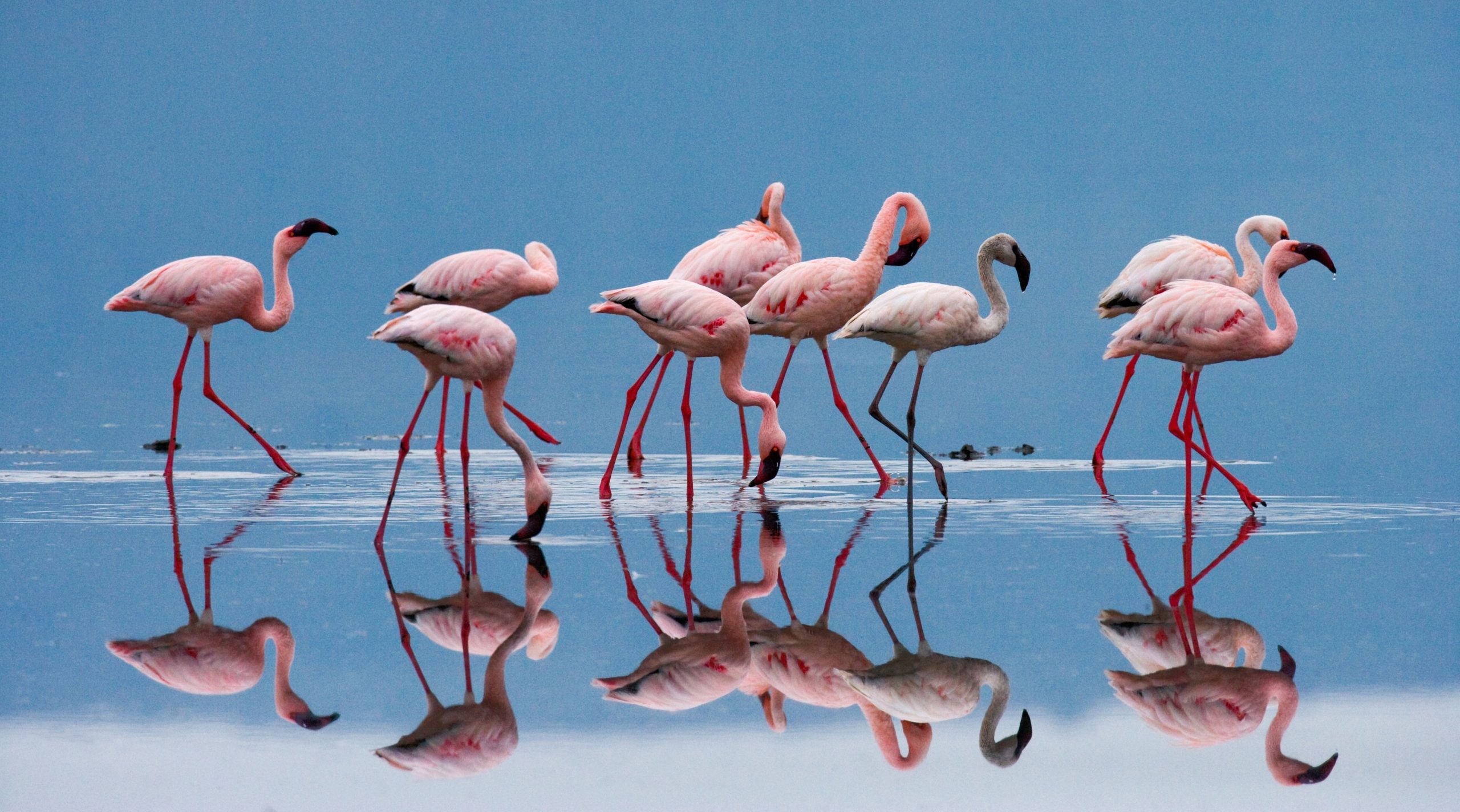
This image is property of mediaim.expedia.com.
Tourist Attractions
Lake Nakuru National Park
Lake Nakuru National Park is one of Kenya’s premier wildlife destinations. The park is famous for its vast populations of flamingos, which gather to feed on the algae-rich waters of Lake Nakuru. Visitors to the park can enjoy game drives to spot a wide range of wildlife, including lions, buffalos, rhinos, and giraffes. The park also offers stunning views of the surrounding landscapes, including the picturesque Lake Nakuru itself.
Hell’s Gate National Park
Hell’s Gate National Park offers a unique and thrilling experience for visitors. Named after its towering cliffs and geothermal features, the park allows visitors to explore its breathtaking landscapes on foot or by bicycle. The park is home to various wildlife, including zebras, gazelles, and baboons. It also features stunning rock formations, hot springs, and a geothermal power station.
Menengai Crater
The Menengai Crater is an impressive natural feature located in Nakuru County. It is one of the largest volcanic calderas in the world, offering breathtaking panoramic views of its vast expanse. The crater is surrounded by lush vegetation and provides a habitat for diverse flora and fauna. Visitors can hike up the crater or enjoy camping and picnicking in the surrounding areas, taking in the beauty of the landscape.
Sports
Football
Football is immensely popular in Nakuru County, with passionate fans and talented players. The county has several football clubs that compete in local leagues and tournaments. Football matches bring communities together and foster a sense of camaraderie and friendly competition. The sport has also produced talented players who have represented Nakuru County and Kenya at national and international levels.
Rugby
Rugby has gained significant popularity in Nakuru County, with the sport attracting dedicated players and enthusiastic fans. The county is home to Nakuru Rugby Football Club, one of the most successful rugby clubs in Kenya. The club has achieved numerous accolades and has contributed players to the national rugby team. Rugby matches and tournaments draw large crowds and showcase the county’s passion for the sport.
Athletics
Nakuru County has also made its mark in the field of athletics. The county has produced talented athletes who have excelled in various track and field events. Athletes from Nakuru County have participated in national and international competitions, representing Kenya with pride. The county’s favorable climate, high altitude, and training facilities contribute to the success of its athletes.
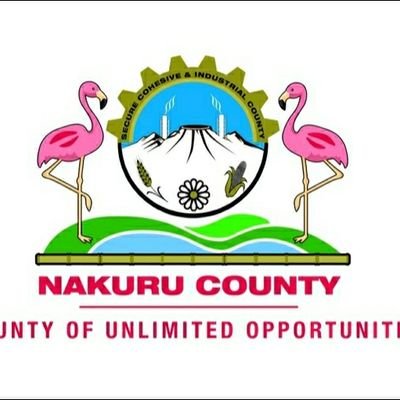
This image is property of pbs.twimg.com.
Education
Primary Schools
Nakuru County has a strong foundation in primary education, with numerous primary schools catering to the educational needs of children. These schools provide quality education and strive to nurture the intellectual, physical, and emotional growth of the students. Teachers play a crucial role in shaping the young minds, ensuring that they develop a strong educational foundation.
Secondary Schools
Secondary schools in Nakuru County offer specialized education to students, preparing them for higher education and future careers. These schools provide a diverse range of academic and extracurricular activities, allowing students to develop their talents and interests. The county’s secondary schools have achieved commendable academic results and have produced graduates who excel in various fields.
Tertiary Institutions
Nakuru County is home to various tertiary institutions that offer higher education and vocational training opportunities. The county hosts universities, colleges, and technical institutes, providing a wide range of courses and programs. These institutions equip students with the necessary knowledge and skills to pursue their desired careers, contributing to the overall development of the county.
Government
County Administration
Nakuru County operates under a devolved system of government, with its own county administration. The county government is responsible for overseeing and providing services to the residents of Nakuru County. It plays a crucial role in sectors such as infrastructure development, healthcare provision, education, and agriculture. The county administration focuses on addressing the needs and aspirations of its residents, fostering growth and development.
Governor
The governor is the elected leader of Nakuru County and is responsible for the overall governance and management of the county. The governor works closely with the county administration and various government departments to implement policies, projects, and programs that benefit the residents. The governor plays a pivotal role in decision-making and ensuring the efficient delivery of services to the county’s population.
Senators
Nakuru County is represented in the Kenyan Senate by elected senators. These senators are tasked with representing the interests of Nakuru County at the national level and advocating for the county’s needs and aspirations. They actively engage in legislative processes and participate in decision-making that impacts the county and its residents. Senators play a crucial role in shaping policies and laws that contribute to the development of Nakuru County.

